Chinese Dulcimer Virtuoso Helps World Understand China Through Music
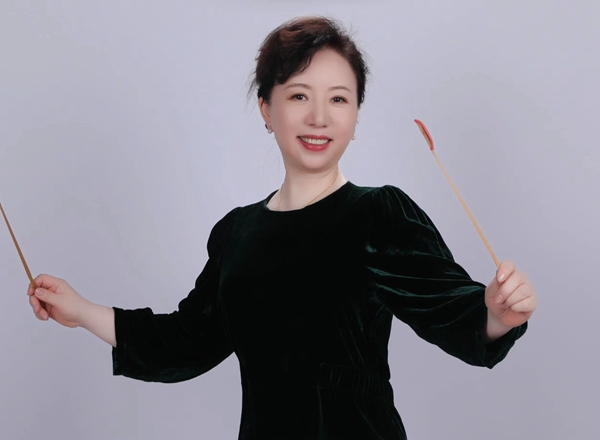
Liu Yuening, a professor with the Central Conservatory of Music (CCOM, in Beijing), is director of both the Office of the Music Confucius Institute and the Center for International Chinese Language and Music Education (both of which are under CCOM).
She is also Honorary President of the Asian Dulcimer Association, Vice-President of the Western Returned Scholars Association (WRSA, Overseas-educated Scholars Association of China), and President of the Central and Eastern European Branch of WRSA. From 2013-2023, Liu was a member of the National Committee of the Chinese People's Political Consultative Conference (CPPCC).
During the past four decades, she has dedicated herself to teaching, studying and staging yangqin (Chinese dulcimer) performances. During her visits to more than 40 countries or regions, she has helped promote, through music, various cultural exchanges between China and the countries (or regions).
She has obtained six national patents for her techniques of improving yangqin. She has also presided over many State-level research projects on Chinese music and traditional Chinese instrumental music.
Displaying Unique Charm of Chinese Music Worldwide
If you take time to appreciate Liu's yangqin performance, you will surely be fascinated by the crystal-clear sounds (of the musical instrument), which might remind you of a gurgling stream of water flowing past a small village. Liu takes delight in introducing yangqin whenever anyone mentions yangqin, the musical instrument with which she has been fascinated since she was 9 years old.
"Given its broad musical range, created by its 154 strings, yangqin can be used to play nearly all types of music. No wonder many Chinese call it the 'king of strings and tunes'," says Liu.
She explains yangqin's historical development: Records indicate the musical instrument, which originated in the Middle East more than 4,000 years ago, was introduced to China via the Maritime Silk Road more than 400 years ago. Therefore, the "debut" of yangqin (in China) is the result of cultural exchanges between China and other countries.
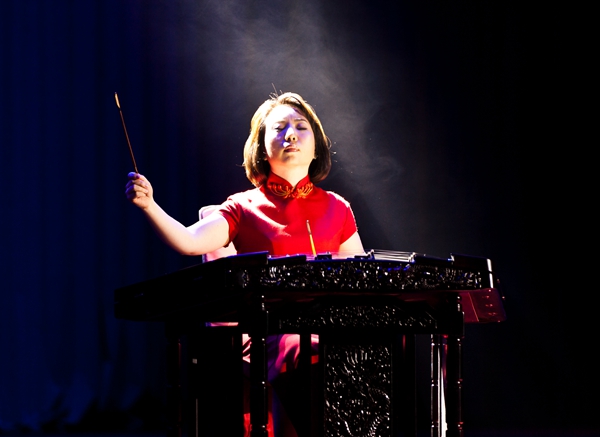
Today, yangqin's foreign "counterparts" are called by different names in various countries, but the musical instrument is generally known by its English name, "dulcimer."
During the past decade, Liu has put tremendous effort into displaying the unique charm of Chinese music worldwide. While she studied Indian music at the University of Delhi (in New Delhi, capital of India) in 2009, she staged a performance with Indian santur (yangqin's counterpart in India) artist Bazan Sopori in Kolkata, a city in India.
"Since I was a young girl, I have been a fan of Indian poet and philosopher Rabindranath Tagore (1861-1941), Asia's first Nobel laureate in literature. In 2011, I joined a group of Indian musicians in giving a concert (in Kolkata) to commemorate the 150th anniversary of Tagore's birth," recalls Liu.
Given the support of CCOM and the Confucius Institute Headquarters (in Beijing), Liu and her colleagues in 2012 promoted the establishment of the Music Confucius Institute in the Royal Danish Academy of Music (in Copenhagen, capital of the Kingdom of Denmark), the first of its kind in the world. The institute offers courses in Chinese music and instrumental performances.
"Nowadays, dulcimers are played in many countries. China is becoming a front-runner (in the world) in both cultivating yangqin players and theorists, and in compiling varied teaching materials on yangqin performance," says Liu.
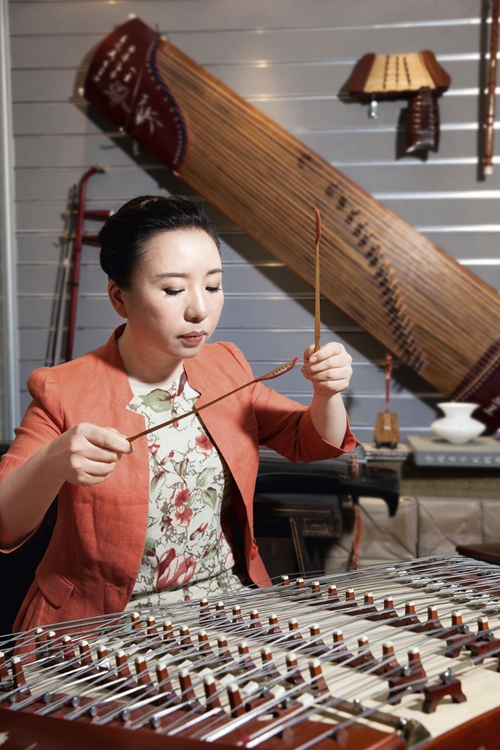
Enhancing China's Cultural Soft Power
In 2018, the Asian Dulcimer Association was established in Beijing. The association provides a platform for Asian dulcimer players and theorists to share the beauty of dulcimer music, and to promote "dialogues of civilizations." Liu and Wu Chaosheng, a conductor from the Hong Kong Special Administrative Region, are presidents of the association.
"Throughout the years, numerous viewers, from around the world, have been fascinated by the unique charm of Chinese yangqin music. I believe art knows no boundaries, and that art belongs to everyone," says Liu.
During the past four decades, Liu has helped cultivate a large number of yangqin players in China. Under her guidance, some of Liu's students and members of the Molihua Yangqin Ensemble and Xiaomoli Yangqin Art Troupe (established by Liu in 2008 and 2018, respectively), have won prizes during many national and international music competitions in recent years.
During the past several years, Liu has conducted many music events in China. She has publicized information about the events via the online platforms of Music Confucius Institute and the Center for International Chinese Language and Music Education, so music enthusiasts around the world can better understand the beauty of Chinese music.
"While riding the wave of entrepreneurship in the times of the BRI, we have developed the institute and the center. Through our experiences of promoting cultural communications among people in various countries, we have realized only by making constant efforts to strengthen our national power can we boost our cultural confidence and enhance China's cultural soft power," Liu has been quoted as saying.
As a member of the CPPCC, Liu, from 2013-2023, has made nearly 30 proposals to promote international education and overseas communication of Chinese music.
Liu vows to make greater efforts to promote the "folk diplomacy" of Chinese music, and to enhance educational and cultural communications and exchanges among people in the countries along the Belt and Road.
Photos Supplied by Interviewee
(Women of China English Monthly October 2023 issue)
Please understand that womenofchina.cn,a non-profit, information-communication website, cannot reach every writer before using articles and images. For copyright issues, please contact us by emailing: website@womenofchina.cn. The articles published and opinions expressed on this website represent the opinions of writers and are not necessarily shared by womenofchina.cn.

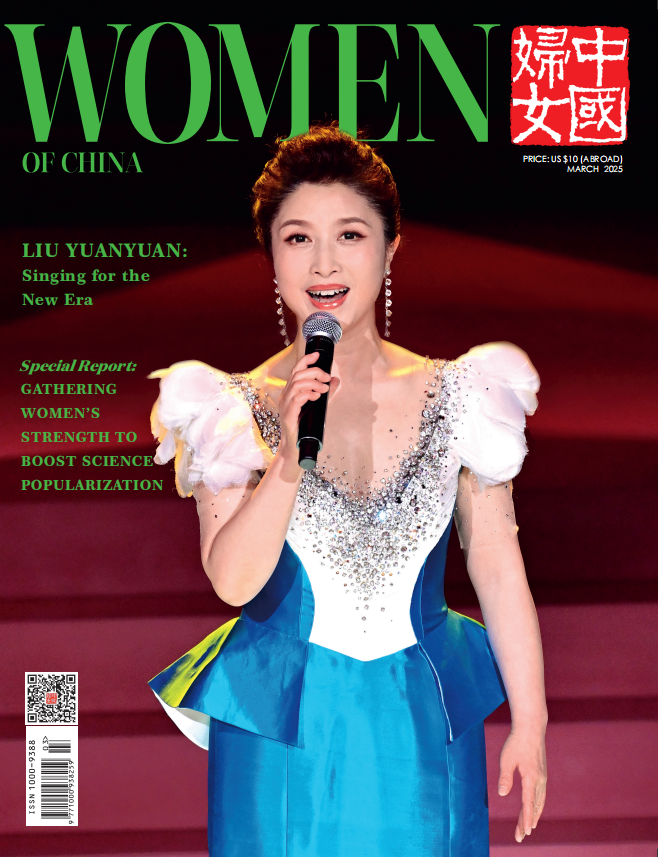

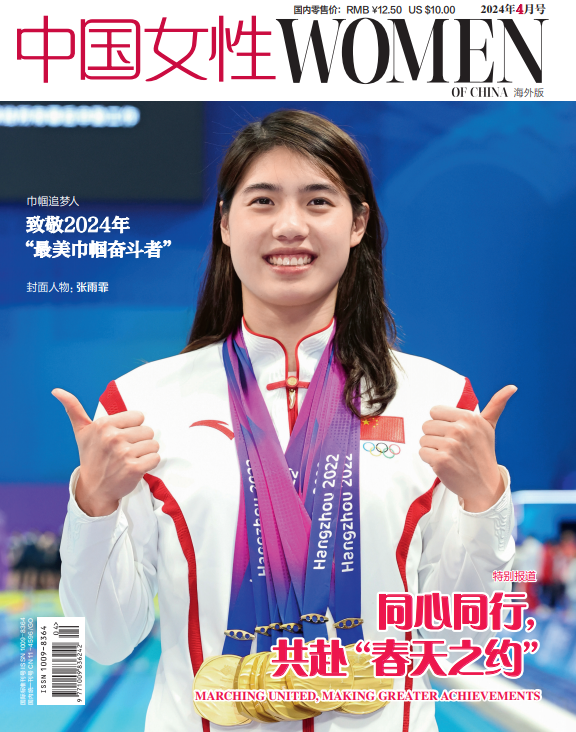


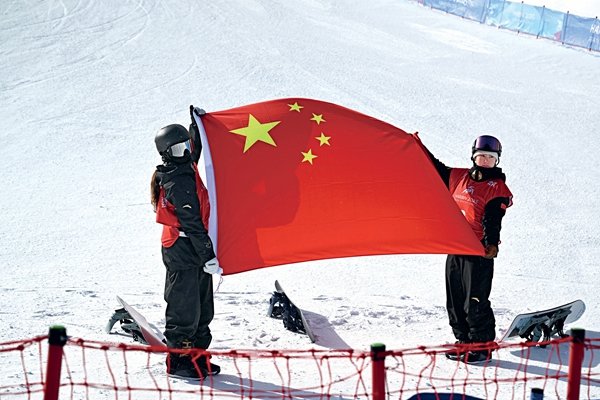
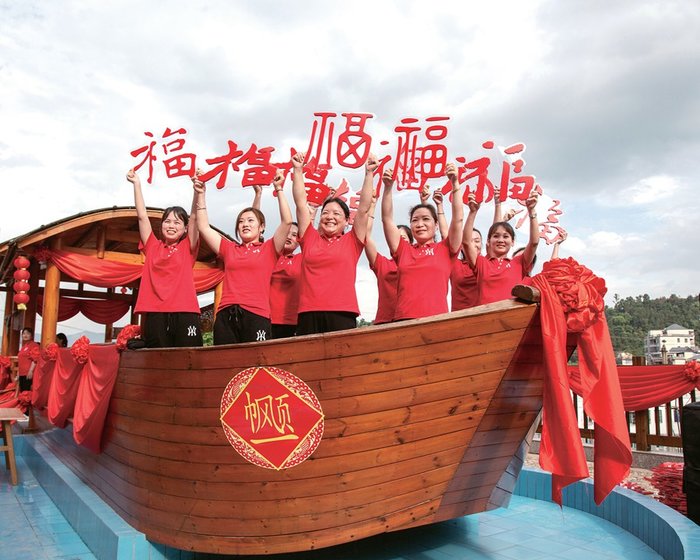
.jpg)

 WeChat
WeChat Weibo
Weibo 京公网安备 11010102004314号
京公网安备 11010102004314号